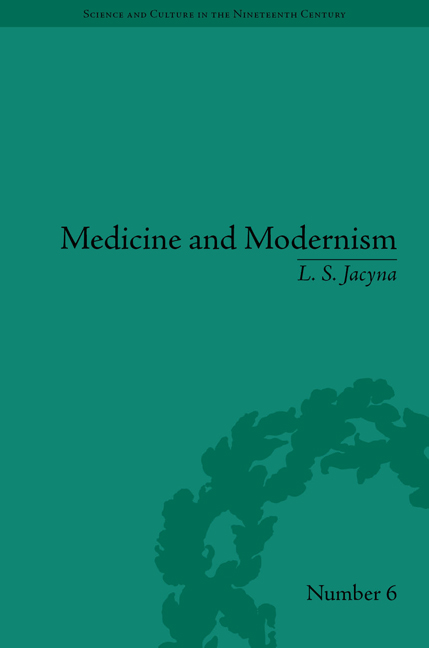Introduction
Summary
This is the first book-length biography of the neurologist Henry Head. A number of biographical sketches of Head do exist; these tend to have been written by fellow medical men as acts of homage and in an attempt to place their subject within the genealogy of their discipline. Studies of this kind can yield much valuable information as well as providing insights into how Head has been viewed by other neurologists over time. Given their orientation and priorities, such biographies cannot, however, do full justice to a life as rich and multifaceted as Head's. Clinical medicine and medical science were indeed central aspects of his identity. But his life merits the attention of those to whom neurology and the physiology of the nervous system may seem extremely abstruse topics.
Because of his association with such poets as Siegfried Sassoon and Robert Nichols, Head has also been mentioned in passing in a number of literary biographies. But the full extent of his literary and artistic interests has not been described. Thanks to his collaboration and friendship with W. H. R. Rivers, Head and his wife Ruth have figured as minor characters in Pat Barker's Regeneration trilogy of novels. Sadly the Heads were not depicted in the motion picture adaptation of these books.
I first developed an interest in Head while researching a monograph on the history of aphasia studies. ‘Aphasia’ is the name given to a complex of language disorders arising from injury to the brain. I chose to conclude the study at 1926 because this was the year in which Head's massive work on Aphasia and Kindred Disorders was published. Two aspects of Head's writing on aphasia were in particular striking. The first was his account of the history of aphasia studies and of his own place within that narrative. Head maintained that the value of the great majority of the studies of the phenomena of aphasia undertaken in the previous fifty years had been vitiated by both basic conceptual errors and technical shortcomings. He excluded only a handful of his predecessors from these strictures: in particular, the English neurologist, John Hughlings Jackson was, in Head's view, a lonely genius who had sketched an alternative, more fruitful, approach to the subject.
- Type
- Chapter
- Information
- Medicine and ModernismA Biography of Henry Head, pp. 1 - 10Publisher: Pickering & ChattoFirst published in: 2014



